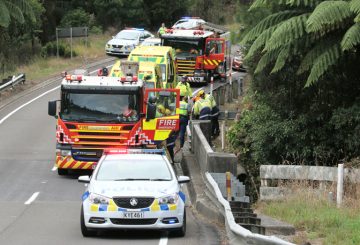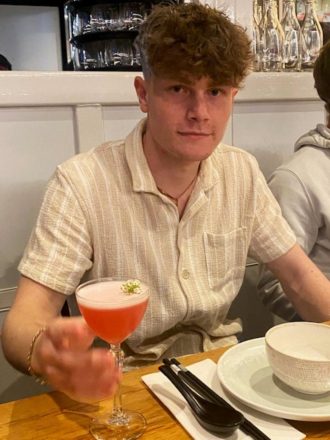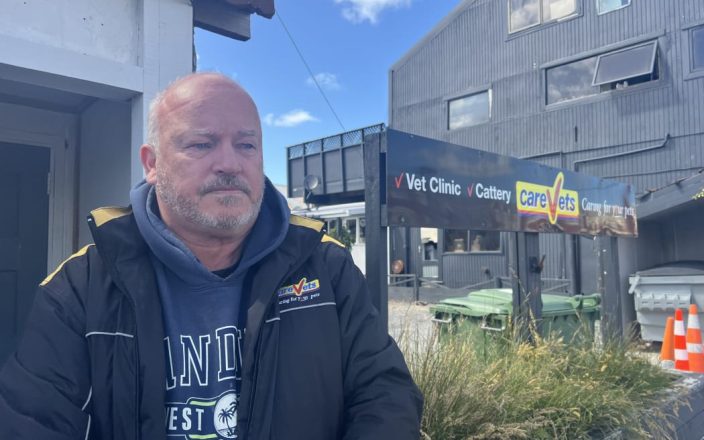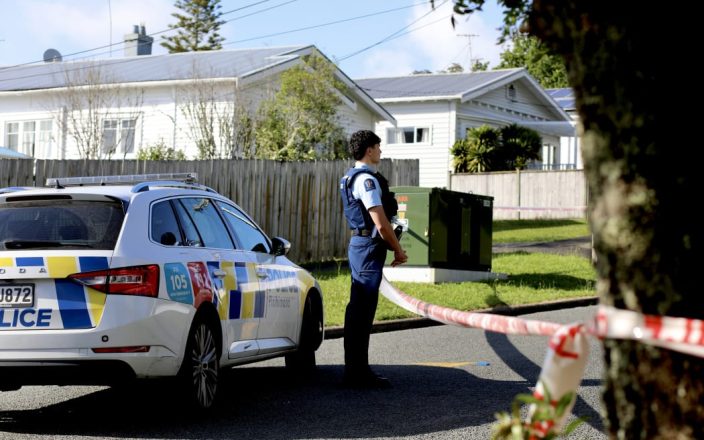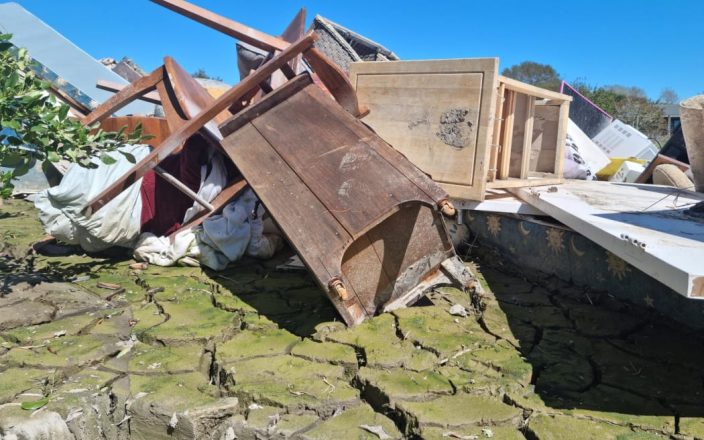Front-line police officers in Wellington are frequently taking on roles typically handled by health services, according to concerns raised by the Police Association and the Police Minister. These concerns were a primary focus at the Police Association’s annual conference.
Chris Cahill, the Police Association president, mentioned that officers increasingly find themselves dealing with family harm and mental health issues. This shift is drawing them away from their main responsibilities. Cahill highlighted that police officers are being called to a family harm scene every three minutes and handle around 200 daily calls related to mental health.
He believes such tasks should be managed by departments like Te Whatu Ora, justice and Oranga Tamariki, who possess the needed expertise. The presence of officers in blue, according to Cahill, can sometimes be more obstructive than helpful. The increasing demands have made it difficult for the police to carry out their core duties, leading to a rise in public dissatisfaction.
Police Minister Ginny Andersen concurred, stating that it is not suitable for officers to be expected to attend mental health callouts. She emphasised the need to continue investing in mental health professionals to reduce the strain on the police force. Andersen also noted the significant increase in mental health calls over the last decade and mentioned that the global pandemic had caused a shortage of 2.2 million health workers worldwide.
Mark Mitchell, the National Party’s police spokesperson, commented that a collective approach, involving the community, iwi, local and central government, is required to address these challenges. He also expressed concern that not enough new police recruits are being placed in front-line roles.
Lastly, Cahill stressed the importance of addressing the mental wellbeing of police officers, suggesting routine psychological assessments for essential police personnel.



















































